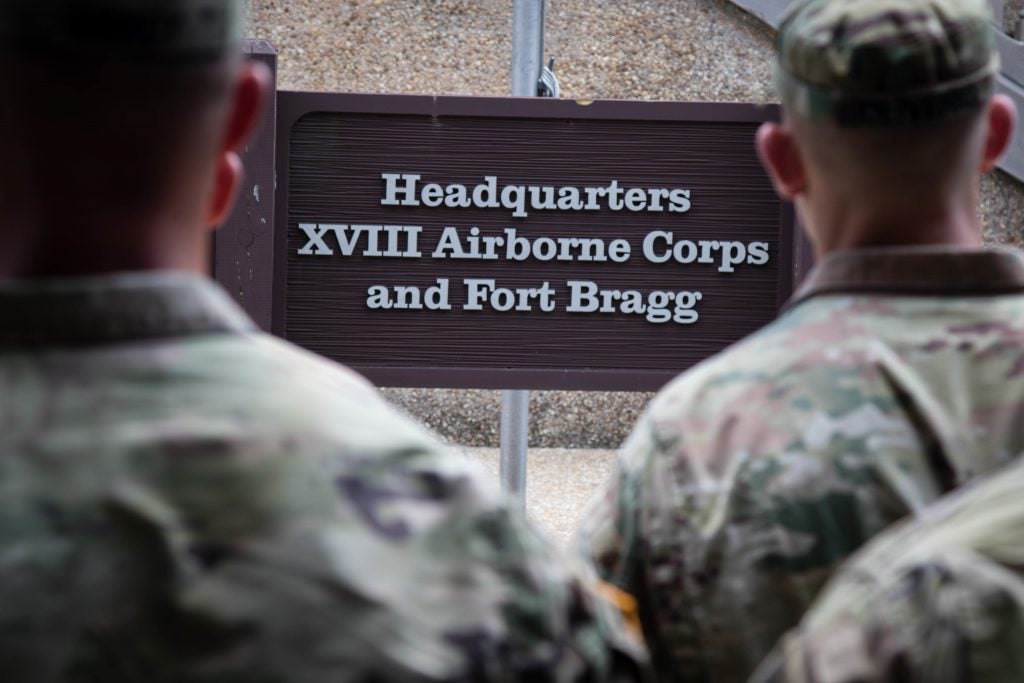Senate Armed Services Committee Approves NDAA Amendment To Rename Military Bases
The Senate Armed Services Committee voted Wednesday night to approve an amendment to the National Defense Authorization Act (NDAA) that would require the Department of Defense to rename military bases, buildings, locations and other assets named after Confederate leaders. The amendment was offered by Democratic Senator Elizabeth Warren of Massachusetts, and was passed by voice vote.
A summary of the NDAA released on Thursday states that the amendment in question will add provisions for:
“Establishing a commission to study and provide recommendations concerning the removal, names, symbols, displays, monuments, and paraphernalia that honor or commemorate the Confederate States of America, addressing an implementation plan, cost, and criteria for renaming, among other procedures. The implementation plan is to be implemented three years after enactment.”
The amendment was filed last week according to Senator Warren. She added on Twitter that “it’s long past time to end the tribute to white supremacy on our military installations“.
The amendment comes amidst a wave of popular unrest spurred by the murder of George Floyd by a Minneapolis police officer in late May. President Donald Trump’s threats to deploy active duty soldiers to break up street protests under the Insurrection Act and the current use of National Guard soldiers in the response to the protests, notably the use of DC National Guard helicopters in an apparent attempt to disperse protesters using the noise and rotor wash of the helicopters have sparked controversy. Chairman of the Joint Chiefs of Staff General Mark Milley has apologized for appearing in a photo-op with President Trump that resulted in the forceful removal of protesters from Layafette Square prior to the photo-op. These incidents have again drawn attention to the use of Confederate iconography in the US armed forces amidst a larger reckoning on race in the US.
The US Marine Corps issued a directive on 5 June ordering all commanders to “identify and remove the display of the Confederate battle flag or its depiction within work places, common-access areas and public areas on their installations”. The US Navy has since announced that it is drafting orders to similarly prohibit public display of the Confederate battle flag in public spaces and work areas aboard Navy installations, ships, aircraft and submarines.
While the amendment and a similar Congress proposal have received bipartisan support, its main opponent is none other than President Trump. President Trump had responded to a statement to CBS News by Army spokesperson Colonel Sunset Belinsky on the Army being “open” to talks on renaming 10 bases named after Confederate leaders with a series of tweets, stating that his administration would “not even consider” the renaming of the bases. White House press secretary Kayleigh McEnany has stated that President Trump “will not be signing legislation that renames America’s forts“, raising the possibility of a presidential veto of the amendment if it makes it into the finalized NDAA. Vetoes of the NDAA bill are rare, having only occurred five times to date since the signing of the first NDAA in 1961.

